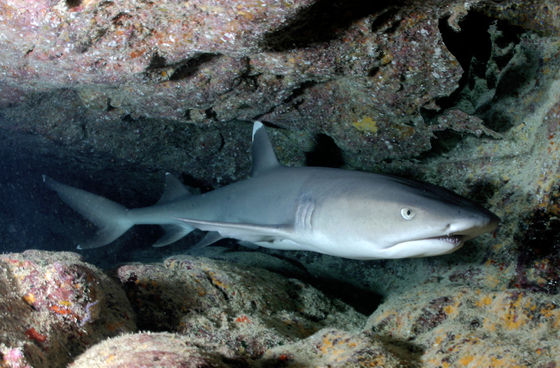Pet food turns out to contain 'endangered sharks'

A research team investigating pet food sold in Singapore reported that 'about 30% of the samples contain shark DNA.' Some of the detected DNA has been identified as endangered.
Frontiers | DNA Barcoding Identifies Endangered Sharks in Pet Food Sold in Singapore | Marine Science
Threatened sharks are turning up in pet food, DNA testing shows | Live Science
https://www.livescience.com/endangered-sharks-in-pet-food
'We have detected the DNA of an endangered shark in pet food,' said Ian French and colleagues at the National University of Singapore. French and others questioned the fact that the raw material notation for pet food sold in Singapore is often ambiguous, such as 'fish,' 'white fish,' and 'saltwater fish,' and the ' DNA bar ' that identifies the species name from DNA. We conducted an experiment to investigate 'real raw materials' that cannot be read from the raw material notation using a method called ' coding '.
When French et al. Collected samples from 45 products from 16 leading pet food brands in Singapore and performed DNA barcoding, it was found that 31% of the samples contained 'shark DNA'. In addition, we found that these sharks contain several species that have been designated as endangered and whose trade is restricted due to reasons such as a decline in populations that are not treated as endangered.

According to the paper, the most frequently included sharks in the sample were blue sharks in 1st place,

Regarding the results of this research, French et al. 'It is not illegal for pet food companies to write shark meat as' seawater fish 'without specific names in the raw material notation, but the number of sharks is Given the fact that it has declined by 71% since 1970 and 75% of all shark species are endangered, the current notation may not be appropriate. ' We encourage you to provide more information.
Related Posts:
in Creature, Posted by darkhorse_log







